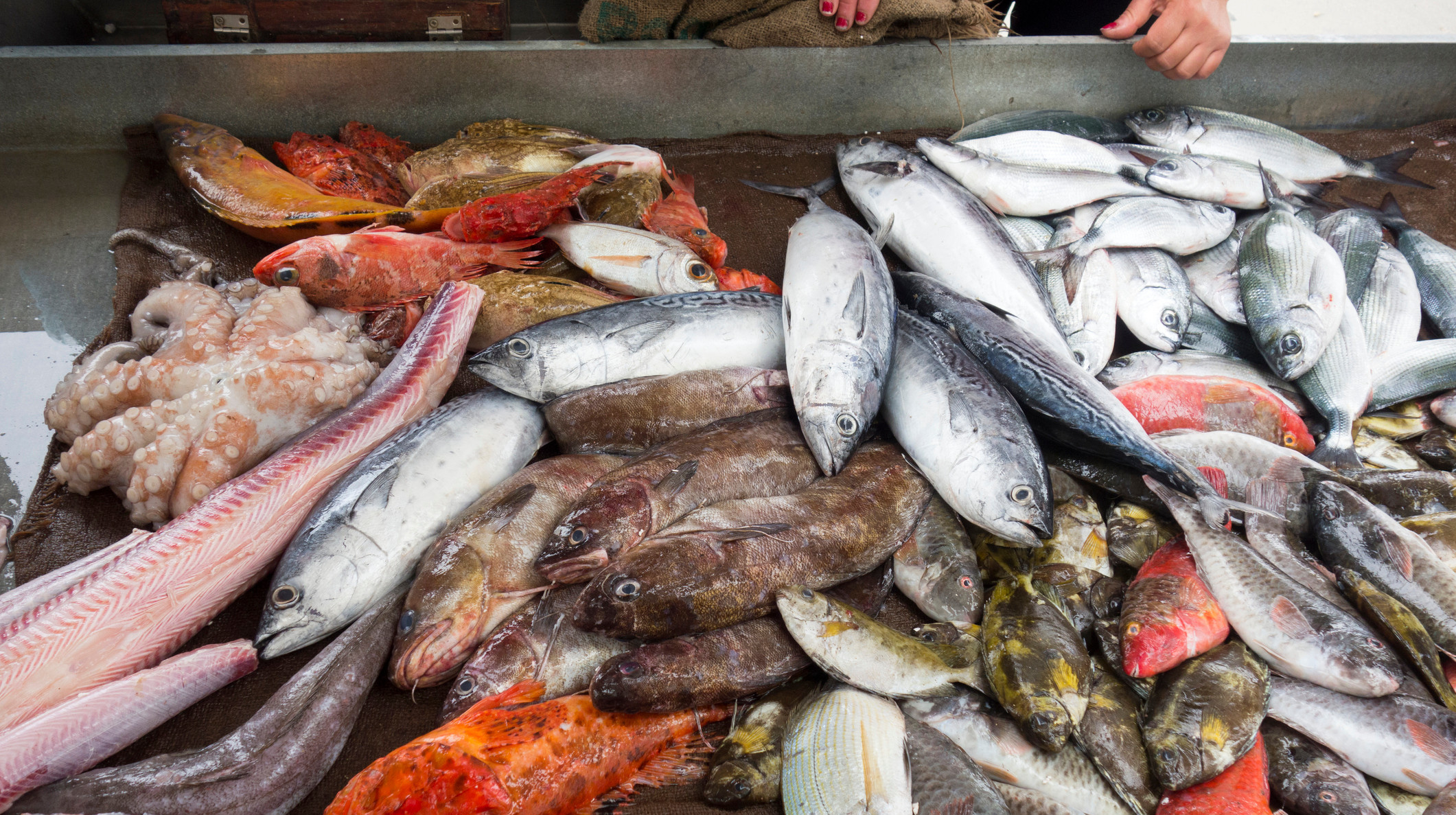Why Isn't There More Plant-Based Seafood?
You may have noticed that most of the plant-based meat currently available imitates the meat of land animals: chicken, beef, pork. But where is the plant-based fish? The shrimp? The lobster? An article published by the BBC looks into the reasons for the lack of plant-based seafood.
First of all, there is some plant-based seafood. It's just not very good. One of the reasons is that it's difficult to mimic the light, flaky texture of real fish. Another is that faux fish doesn't contain the same nutrients as the real thing—and health benefits are the reason a lot of people eat fish in the first place. (Think of the "pescatarians," who will only eat the chicken of the sea.) And finally, there hasn't been as much consumer demand for fake fish, possibly because animal rights campaigns tend to focus on cows and pigs rather than lobsters and salmon.
However, there is some work being to produce artificial seafood that tastes like the real thing. One lab in Singapore has been experimenting with cell-based crustaceans, that is, meat grown from a single cell in a bioreactor. Another has been testing ways to ferment microalgae to produce a protein substitute.
Many of these experiments are still in the very early stages. The BBC article notes that a single dumpling made from cell-based shrimp costs the equivalent of $107. But still, the work continues. And maybe someday even people who are allergic to shellfish can enjoy grilled scallops or a shrimp cocktail.
